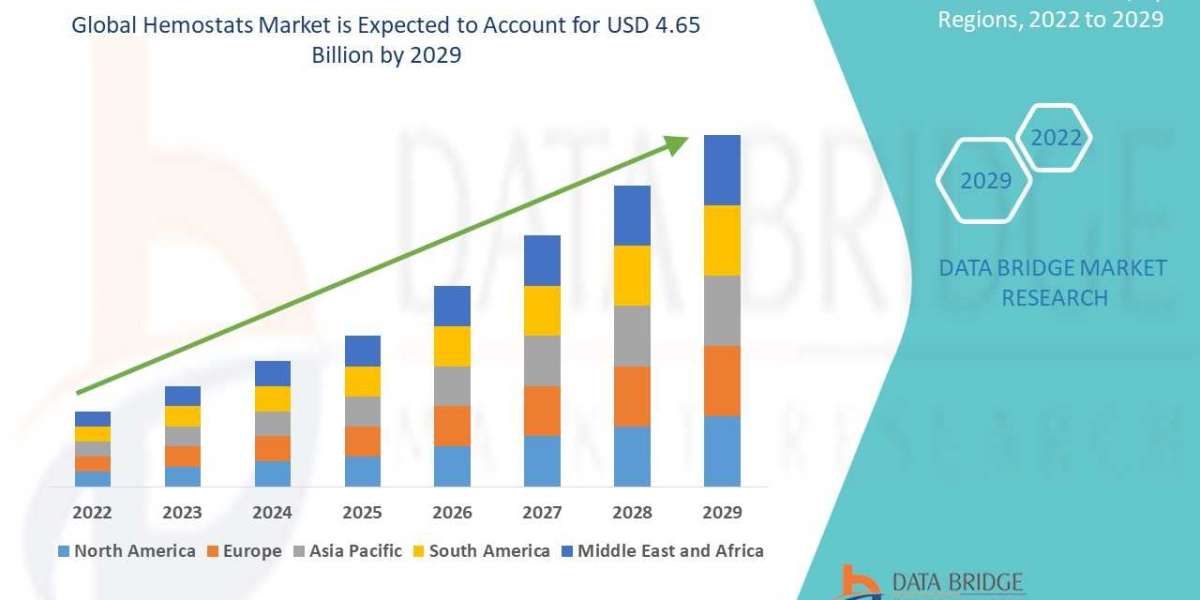The construction market in Poland is one of the fastest-growing sectors in the European Union, driven by strong economic fundamentals, an influx of EU funding, and the country's strategic geographic location. As Poland continues to modernize its infrastructure and expand urban centers, the construction industry is poised for sustained growth. This article delves into the key trends, challenges, and opportunities shaping the Polish construction market.
Market Overview
Poland's construction industry contributes significantly to the national economy, accounting for approximately 7-8% of the country’s GDP. With a robust pipeline of infrastructure and residential projects, the sector has shown resilience even during periods of economic uncertainty. The market is supported by a mix of public and private investments, with major emphasis on transportation, energy, and housing.
The Poland construction market was valued at USD 59.96 billion in 2022. It is projected to grow from USD 61.71 billion in 2023 to USD 80.0 billion by 2032, with a compound annual growth rate (CAGR) of approximately 2.92% during the forecast period (2024–2032).
Key Drivers of Growth
- EU Funding
Poland is one of the largest beneficiaries of EU structural and cohesion funds. These funds are directed toward infrastructure development, particularly in transport, energy, and digital sectors. Projects such as new highways, railways, and renewable energy installations are receiving substantial support from the EU, boosting construction activity.
- Urbanization and Housing Demand
With increasing urbanization and a growing middle class, the demand for residential housing in Poland has surged. Cities like Warsaw, Kraków, and Wrocław are experiencing rapid population growth, leading to high demand for modern apartments and single-family homes. Developers are also focusing on creating sustainable and energy-efficient residential complexes to meet evolving consumer preferences.
- Infrastructure Modernization
Poland’s strategic location in Central Europe makes it a vital transit hub. The government’s focus on modernizing roads, railways, and airports is a critical driver of construction growth. Notable projects include the Central Transportation Hub (CPK), a mega project aimed at enhancing connectivity and creating a new central airport near Warsaw.
- Industrial and Commercial Construction
The rise of e-commerce and manufacturing in Poland has driven demand for logistics hubs and industrial facilities. Companies like Amazon and Zalando have established large distribution centers, prompting a boom in warehouse construction. Additionally, office space development in major cities continues to expand as multinational corporations establish their presence in Poland.
Challenges in the Market
Despite its promising growth trajectory, the Polish construction market faces several challenges:
- Labor Shortages
The industry is grappling with a significant shortage of skilled labor. Many workers have migrated to Western European countries for better wages, leaving a gap in the domestic workforce. This labor scarcity has driven up construction costs and extended project timelines.
- Rising Material Costs
The global increase in raw material prices, such as steel, cement, and timber, has impacted construction costs in Poland. Supply chain disruptions caused by geopolitical tensions, such as the Russia-Ukraine conflict, have further exacerbated this issue.
- Regulatory Hurdles
Navigating Poland’s complex regulatory framework can be a challenge for both local and foreign investors. Lengthy approval processes and frequent changes in construction laws often lead to delays in project implementation.
- Environmental Concerns
As sustainability becomes a priority, the construction sector must adapt to stricter environmental standards. Meeting these regulations requires significant investment in green technologies and sustainable practices, which can strain smaller firms.
Emerging Opportunities
Despite these challenges, the Polish construction market presents numerous opportunities:
- Green Construction
The push for sustainability has opened avenues for green building materials and energy-efficient construction methods. Developers are increasingly adopting practices like solar panel integration, green roofs, and energy-efficient HVAC systems to meet consumer demand and regulatory requirements.
- Digital Transformation
The adoption of digital tools and technologies, such as Building Information Modeling (BIM) and smart construction solutions, is revolutionizing the industry. These technologies improve project efficiency, reduce costs, and enhance decision-making, making them essential for future growth.
- Public-Private Partnerships (PPPs)
PPPs are gaining traction in Poland as a model for financing large-scale infrastructure projects. These partnerships combine public funding with private sector expertise, ensuring efficient project execution and risk sharing.
- Expansion into Emerging Sectors
Sectors like renewable energy and healthcare construction are witnessing increased investment. Poland’s commitment to reducing carbon emissions has spurred the development of wind farms and solar power plants, while the healthcare sector is expanding to meet the demands of an aging population.
???? ?? ??? ????????? ????????? ?? ??? ??????:
TDJ S.A.
Skanska S.A.
Mostostal Warszawa S.A.
PolimexMostostal S.A.
STRABAG S.A.
Mirbud S.A.
Erbud S.A.
Unibep S.A.
Porr S.A.
Eiffage Polska S.A.
Budimex S.A.
??? ? ???? ?????? ?? ???? ??????: https://www.marketresearchfuture.com/sample_request/25780
Future Outlook
The Poland construction market is expected to maintain a steady growth trajectory over the next decade. Key projects, such as the expansion of the CPK and ongoing housing developments, will serve as major growth drivers. Additionally, increased adoption of sustainable practices and digital technologies will position Poland as a leader in modern construction methods.
To capitalize on the opportunities in this dynamic market, stakeholders must address labor shortages, streamline regulatory processes, and embrace innovation. With the right strategies, the Polish construction industry has the potential to continue its transformation into a robust and sustainable sector, driving economic growth and enhancing the country’s infrastructure for years to come.
About Market Research Future:
At Market Research Future (MRFR), we enable our customers to unravel the complexity of various industries through our Cooked Research Report (CRR), Half-Cooked Research Reports (HCRR), Consulting Services. MRFR team's supreme objective is to provide our clients the optimum quality market research and intelligence services.
Contact us:
Market Research Future,
99 Hudson Street, 5Th Floor,
New York, New York 10013
United States of America
+1 628 258 0071
Email: sales@marketresearchfuture.com
Website: https://www.marketresearchfuture.com



